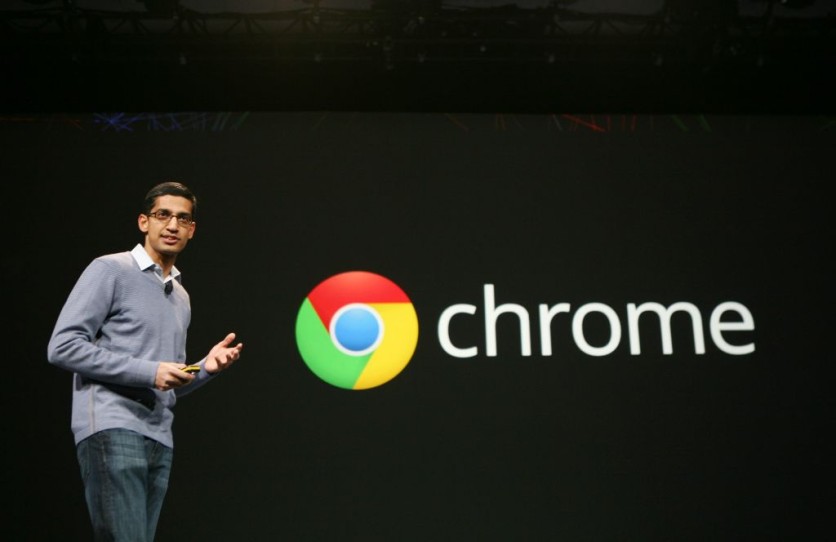Google is slowly inching its way towards a new extension platform, as reported by Engadget. The new extension platform is called Manifest V3 for Chrome and will be rolled out next year.

In January 2023, Google will start turning off support for Manifest V2 in the Canary, Dev, and Beta channels. By June, with Chrome 115, the search giant will start experimenting with turning off support in the channel.
With the transition to V3, all Manifest V2 extensions in the Chrome Web Store will be "unlisted," and by January 0f 2024, all the remaining V2 extensions will be removed completely.
According to Google, the new chrome extension is "one of the most significant shifts in the extensions platform since it launched a decade ago."
The Controversy
This transition has been met with controversy. Manifest V3 will bring in a lot of changes, but most of them are all about privacy and security. Therefore, many think about its impact on ad-blockers, which will likely make them useless.
A lot of ad-blockers today rely on Chrome's "webRequest" API to block entire categories of HTTP requests from being made. However, the method can cause significant delays to load and render times for sites, and the search giant wants to avoid this.
Therefore, a solution is within Manifest V3, which will require developers to use a "declarativeNetRequest" that will force them to use a blocklist of specific URLs. However, the "rules" are limited to 30,000 entries, and most ad-blocking lists exceed that number.
In fact, a privacy advocacy group EFF said that the new chrome extension is "deceitful and threatening." They think that Manifest V3 will restrict the capabilities of web extensions that are designed to monitor, modify, and compute.
With this, some extension developers are already working on solutions within the Manifest V3 sandbox. For now, there's no way to tell how the end-user will be impacted until these are developed, and Google shuts down the existing extension platform.
Also Read: Google Ad Targets Blocked by DuckDuckGo Through Chrome Extension
An Overview of the Manifest V3
The search giant announced Manifest V3 in 2013 that would impose stricter rules to upgrade user data security and privacy. Some of its goals are to limit extension access to user network requests, force developers to include all functionality within the extension that will end the practice of hosting code remotely, move network request modifications to the browse, and replace background pages with dedicated service workers that will improve the performance of the browser.
All seems to be positive changes, but they will bring in new technical challenges for developers today.
Related Article: Are Your Chrome Extensions Safe? Here's What You Can Do to Find Out
This article is owned by Tech Times
Written by April Fowell
ⓒ 2026 TECHTIMES.com All rights reserved. Do not reproduce without permission.




